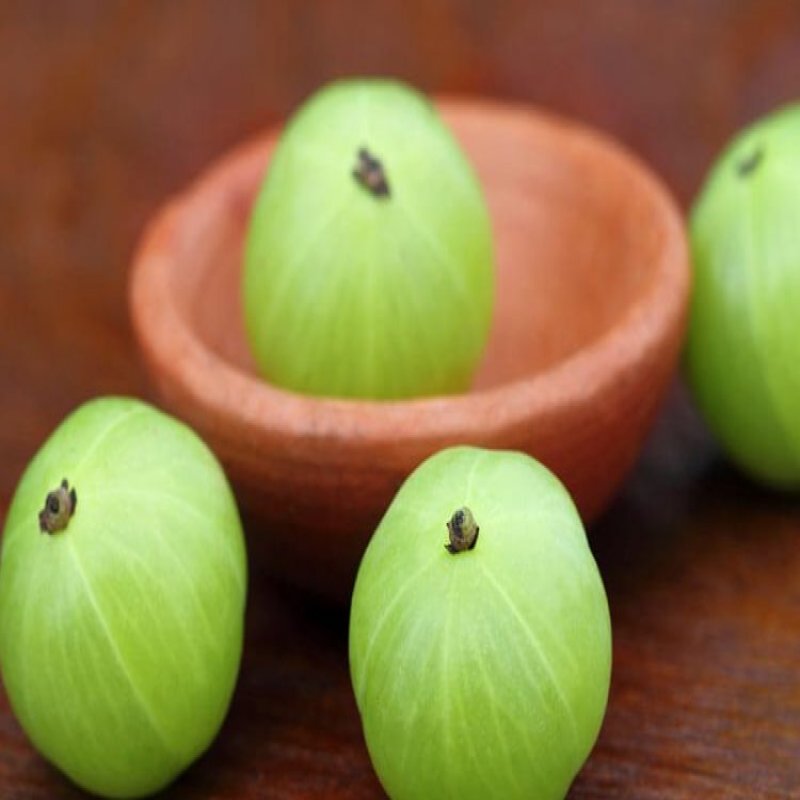
Amla derives its name from the Sanskrit word ‘Amlaki’ meaning “nectar of life”, and it can protect us against countless ailments. Amla is packed with Vitamin C, a potent antioxidant that enhances food absorption, balances stomach acid, fortifies the liver, nourishes the brain, and supports heart health. So much so that ancient wisdom from Ayurveda claims that amla can help balance all three doshas (Vata, Pitta, and Kapha) in the body and eliminate the underlying causes of many diseases.
Read further to know Amla better.
The Indian gooseberry, known locally as Amla, is a tree distinguished for its nutrient-rich fruits. It has been a common ingredient in the ancient Indian medicinal practice of Ayurveda. It’s a great source of vitamin C and also consists of iron and calcium. Due to its versatility, it has become a favorite among the health-conscious.
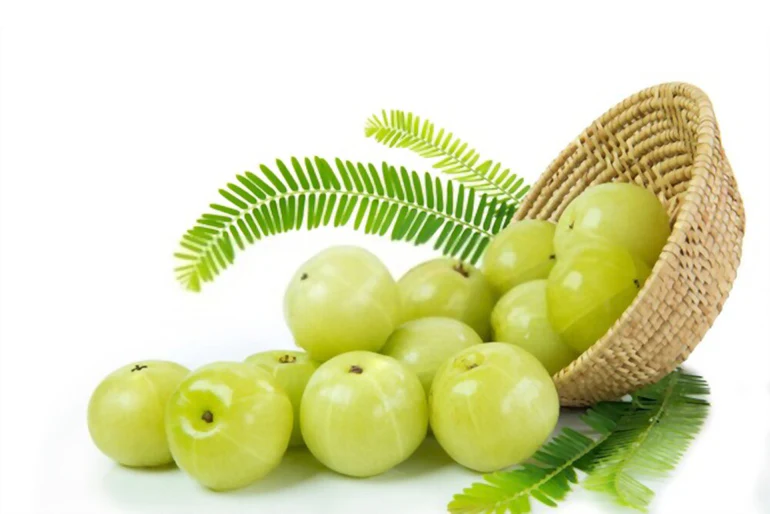
– Amla’s alcoholic extract is also used as an antiviral.
– The seeds of amla are given in the treatment of asthma and bronchitis.
– Amla leaves are often used as fodder for livestock.
– Amla is also an ingredient of Triphala, a common Ayurvedic medicine.
You may already know that amla is great for boosting your immunity, but it also has other wonderful benefits for your hair, skin, and overall health. Amla acts as a body coolant, flushes out toxins, increases vitality, aids in vision care, improves muscle tone, and acts as an antioxidant. It also strengthens the lungs, regulates the elimination of free radicals, enhances fertility, improves skin quality, and promotes healthier hair. It is also a rich source of vitamin B complex, vitamin C, and many minerals like calcium, phosphorus, and iron.
Let’s have a look at some of how Amla can Benefit you
Improves Hair Quality
Amla strengthens the roots of the hair, maintains color, and improves luster; hence, it is used in many hair tonics. Consumption of fresh gooseberry or its application to hair roots enriches hair growth and hair pigmentation. This property is due to the high carotene content of amla, as well as its iron content and general antioxidant capacity. It reduces hair loss by not allowing free radicals to damage hair follicles or impact the hormones that can cause premature hair loss. Amla oil is also an effective treatment against hair lice.
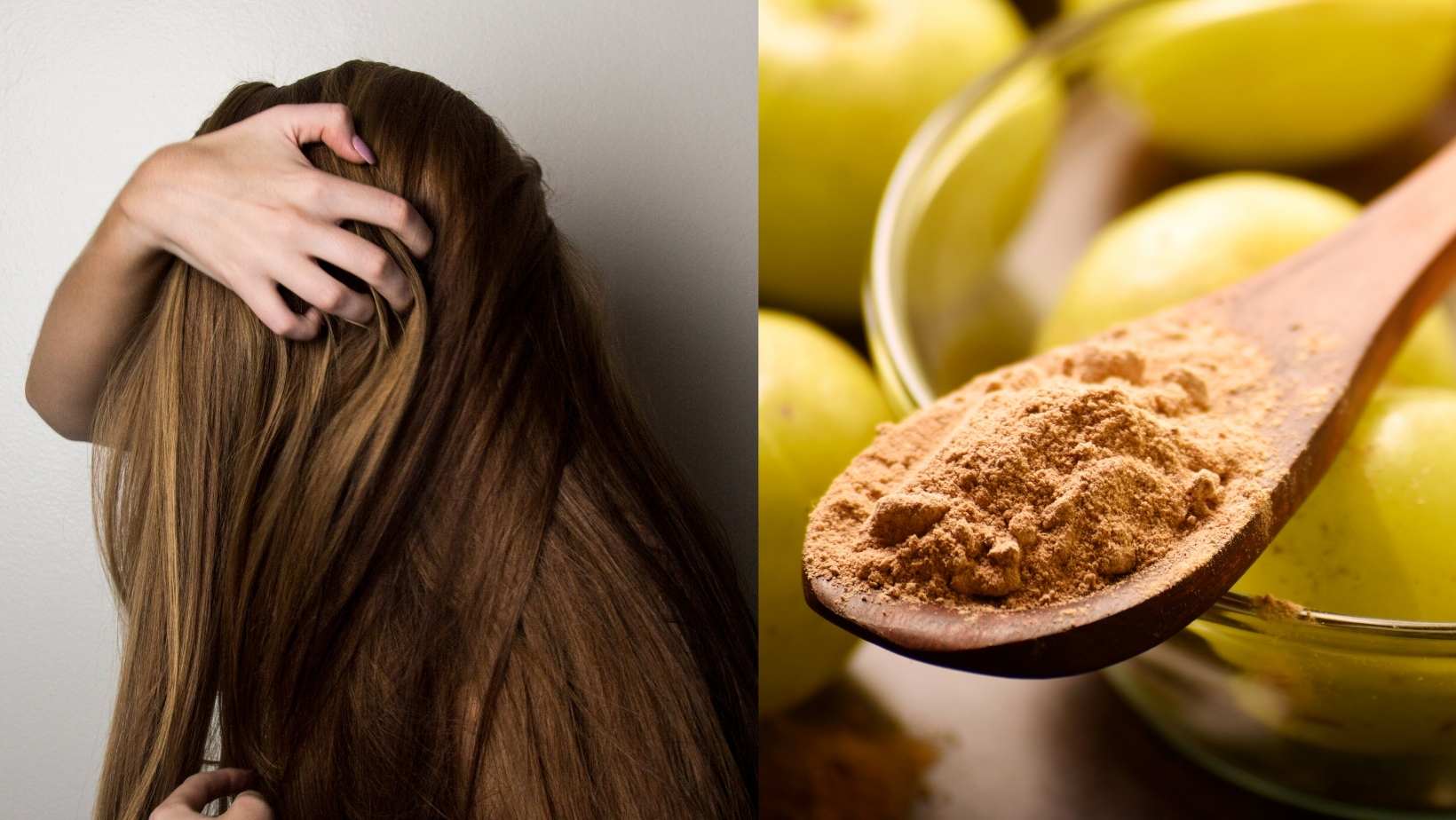
Increases Diuretic Activity
Amla is a slight diuretic. A fruit that is diuretic in nature improves the frequency and volume of urination. That is the reason why the consumption of amla has a detoxifying effect on the body, as unwanted toxins and excess levels of water, salt, and uric acid get eliminated in the form of urine. Thus, amla helps keep your kidneys healthy, preventing urinary and uterine infections.
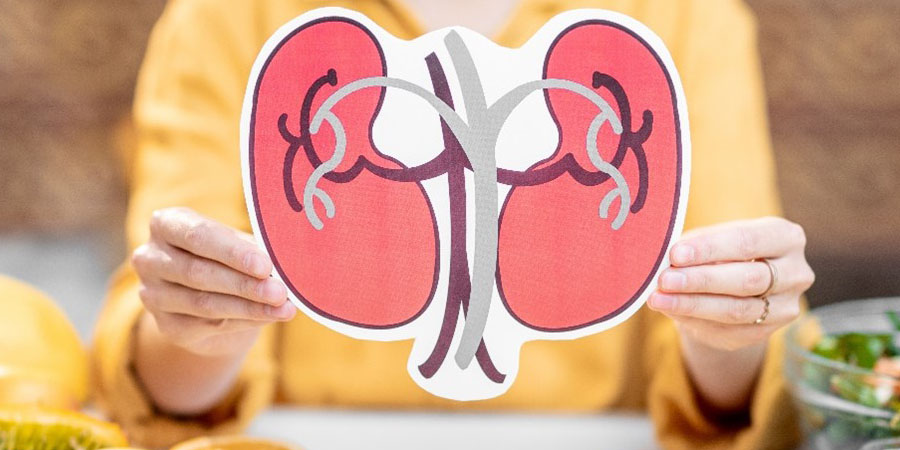
Promotes Metabolism
The ability to increase the absorption of protein, Indian gooseberries, or amla is a great way to boost your metabolic rate. The greater the metabolic rate, the higher will be your energy level. With a higher energy level, you can be more focused and healthier.
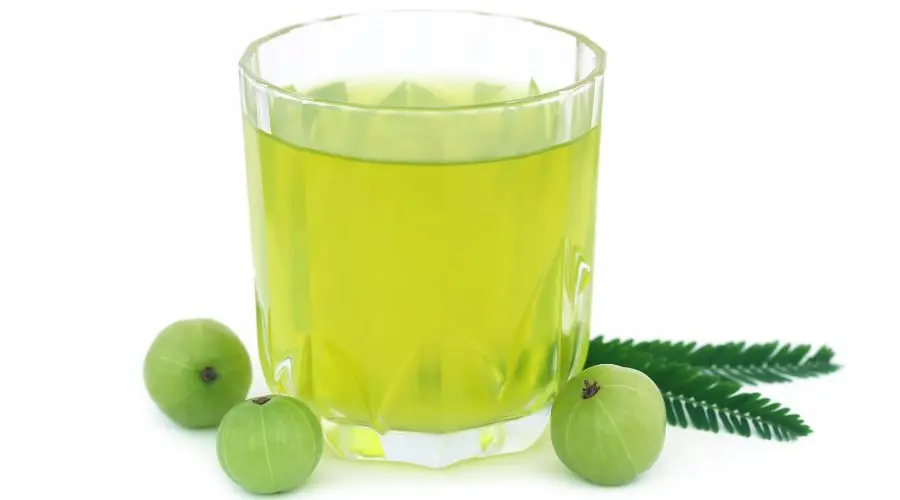
Relieves Diarrhea and Dysentery
Amla is a powerful remedy for diarrhea and dysentery because of its strong cooling and laxative properties. It provides immense relief for gastric syndrome and hyperchlorhydria (a burning sensation in the abdomen).

Delays Aging
Alma is full of antioxidants that are effective in reducing cell damage. It reduces the harmful effects of free radicals and, hence, combats the aging process. Amla contains tannins. Tannins, when combined with polyphenols, make the fruit a free radical scavenger. This means that it reduces the damage caused by free radicals to the cells and thus improves immunity.

Remedy for Diabetes and Cholesterol
Amla contains chromium, which acts as a remedy for diabetic patients. It stimulates the isolated group of cells that secrete the hormone insulin, thereby reducing blood sugar in diabetic patients. Chromium also reduces the LDL cholesterol content in the body, thereby promoting heart health.

Enhances Digestion
Amla is high in fiber which is essential for healthy bowel movements. It is also necessary for the secretion of gastric and digestive juices. Thus, amla is great for the entire digestive process.
Prevents Formation of Ulcers and Gallbladder Stones
Extra cholesterol is the primary cause of gallbladder stones. Consuming amla regularly reduces the chances of cholesterol buildup. The vitamin C present in amla converts the cholesterol into bile in the liver. Thus reducing the risk of gallbladder stones. The antibacterial properties of amla help prevent ulcers.
How to Include Amla in your Diet?
It is best to have amla juice first thing in the morning. Have a small portion (20–30 ml) diluted in a glass of water. You can mix lemon juice and honey to enhance the palatability. Drinking the juice of fresh amla is the best way to reap the benefits of this fruit.
Amla is easily available from December through April. However, if you can’t handle the sour shot, try these tasty options: Deseed and chop the amla into small pieces. Mix with a little salt and leave to dry in sunlight for a few days. Once it is completely dehydrated, store it in a dry jar for an ideal on-the-go snack.
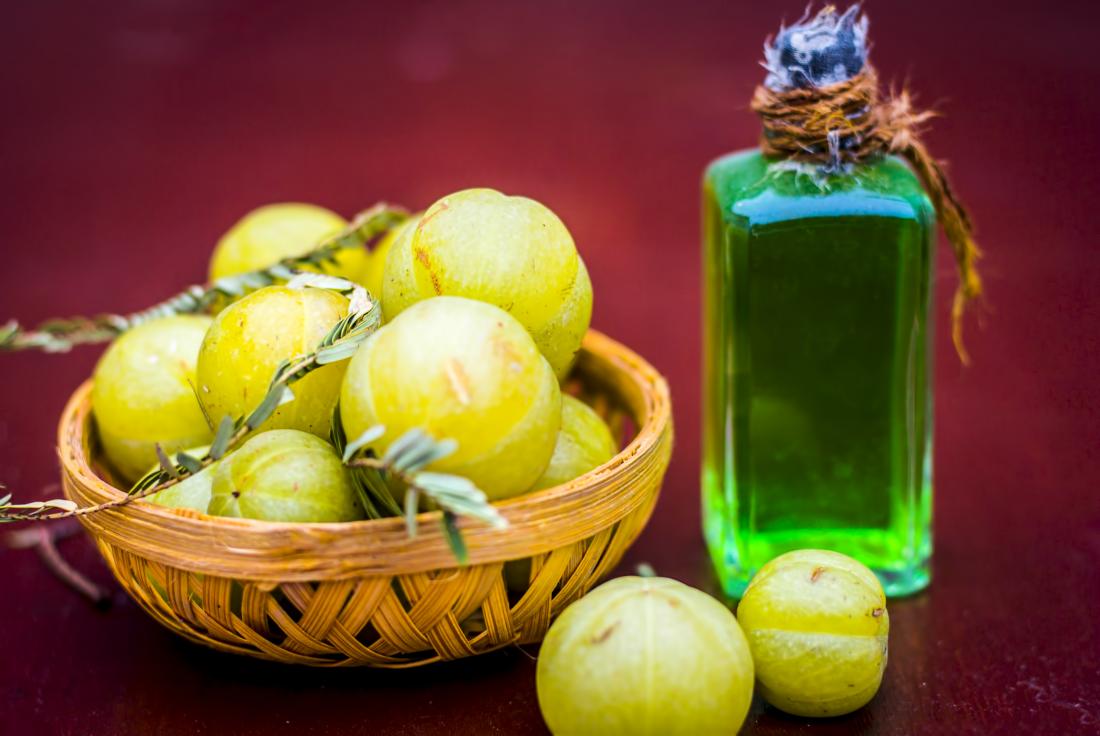
Also, you can make a spicy amla achaar or a sweet murabba by soaking amla in sugary water. For those who are fighting high cholesterol levels and hair issues, amla juice combined with aloe vera juice does wonders.
Thus, amla is a potent natural elixir, which can help you protect against numerous health disorders. Try it, you will be amazed. If you have been using amla or amla juice for some time, share your experiences in the comment section below.
Nutrition Information
100g of gooseberries provides 44 Calories, Carbs – 10g (Dietary Fiber – 4.3g), Protein – 0.9g, Fat – 0.6g, Sodium – 1mg
And a percentage daily value of Vitamin A – 6%, Vitamin C – 46%, Iron – 2%, Calcium – 2% (based on a 2000-calorie diet).


.png)


